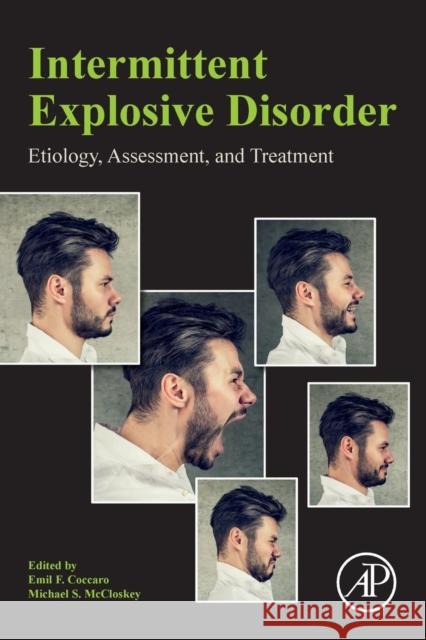Intermittent Explosive Disorder: Etiology, Assessment, and Treatment » książka
topmenu
Intermittent Explosive Disorder: Etiology, Assessment, and Treatment
ISBN-13: 9780128138588 / Angielski / Miękka / 2019 / 272 str.
Kategorie:
Kategorie BISAC:
Wydawca:
Academic Press
Język:
Angielski
ISBN-13:
9780128138588
Rok wydania:
2019
Ilość stron:
272
Waga:
0.36 kg
Wymiary:
22.86 x 15.24 x 1.47
Oprawa:
Miękka
Wolumenów:
01
Dodatkowe informacje:
Bibliografia











